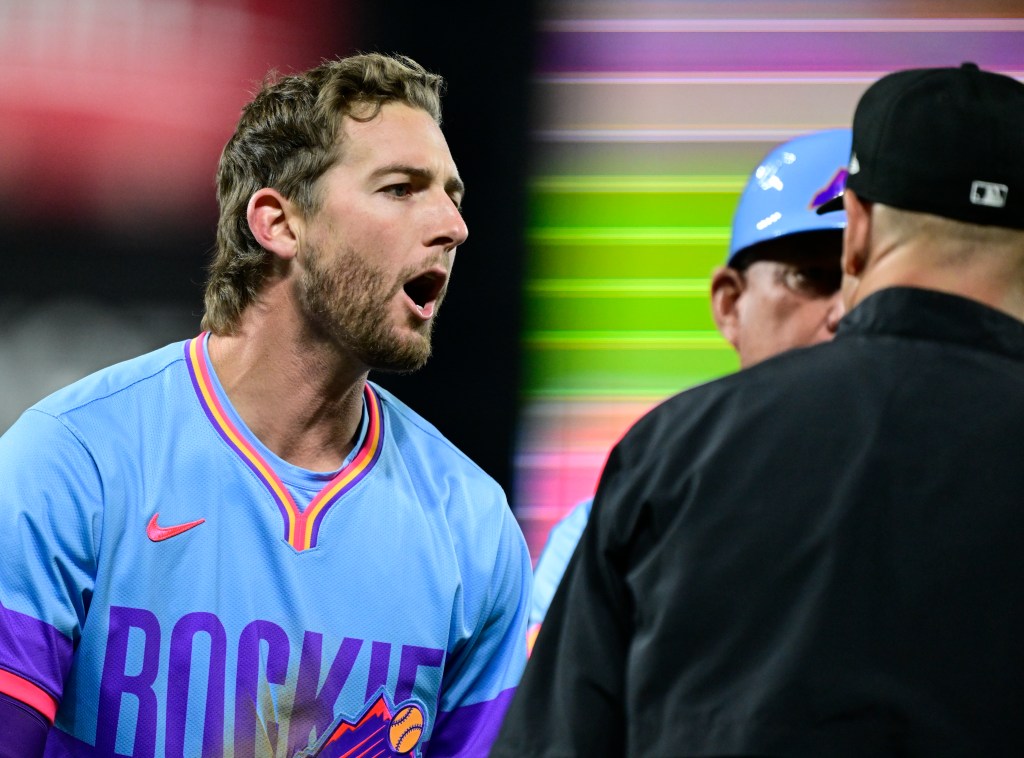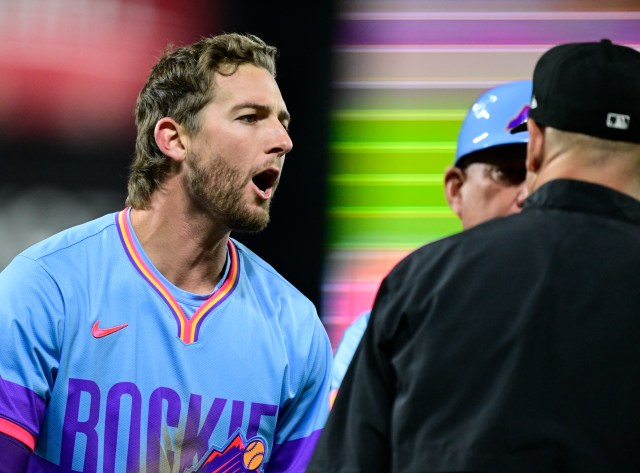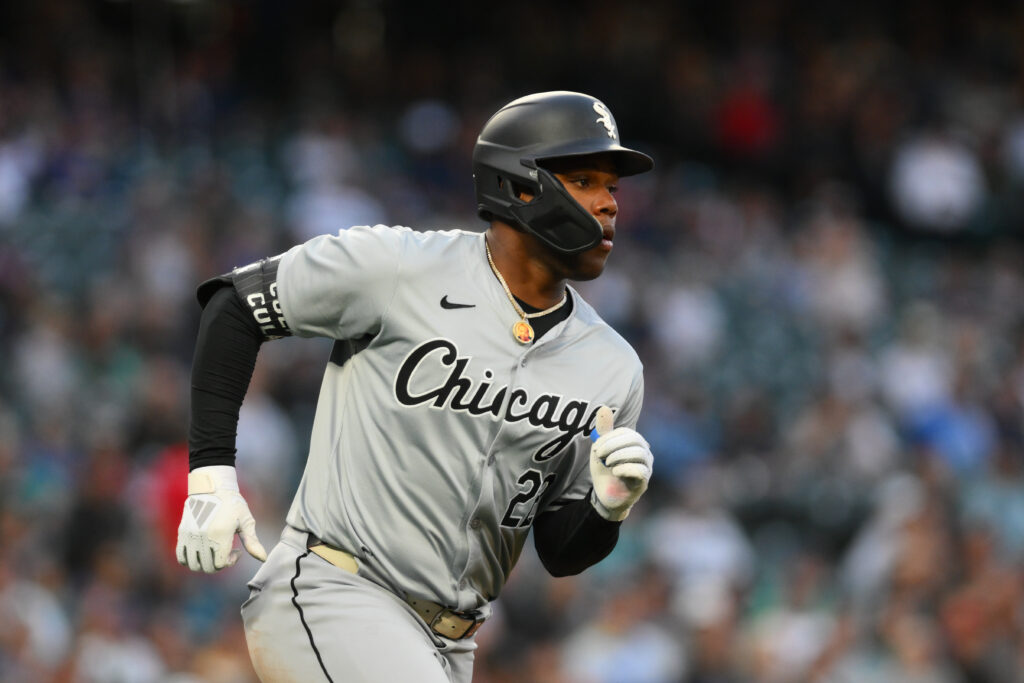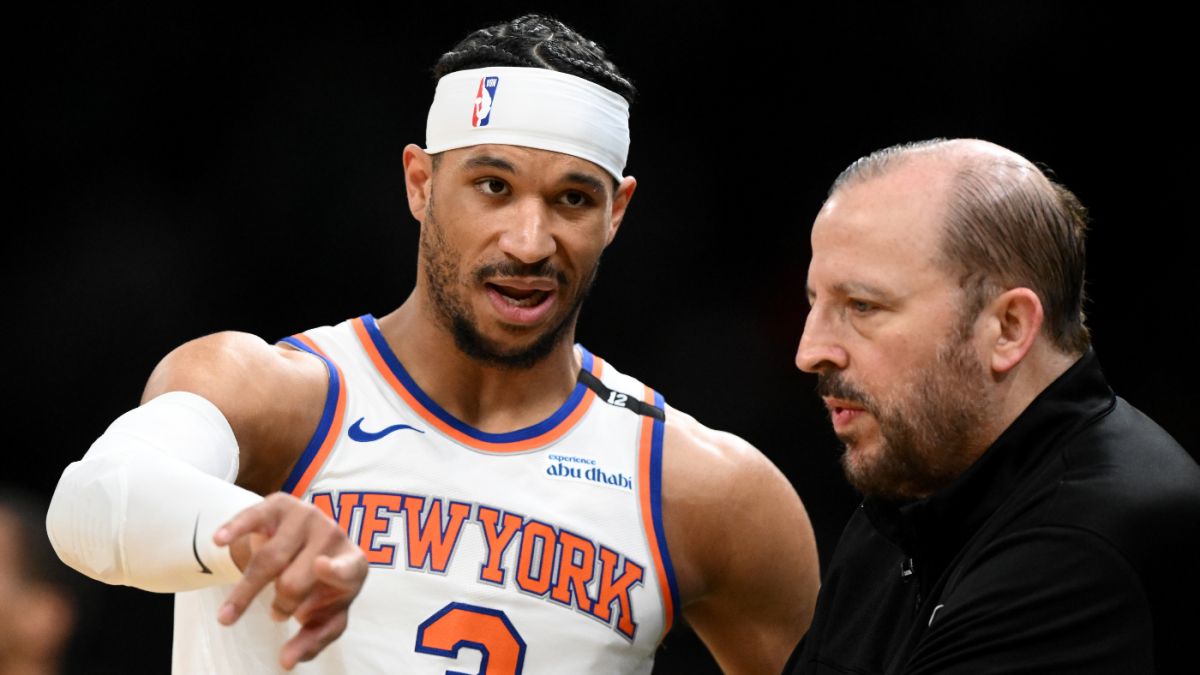
Denver Post sports writer Patrick Saunders with the latest installment of his Rockies Mailbag.
Pose a Rockies- or MLB-related question for the Rockies Mailbag.
I still feel that the main reason for the Rockies’ historic struggles is not their youth movement, but the large number of veterans who have given the Rockies subpar results (cough, cough, Nick Martini and most of the rotation). How far away are we from seeing more significant debuts, like Ryan Ritter (tearing it up at Triple-A) replacing Martini at DH or Gabriel Hughes or Sean Sullivan coming up? Could we end the year with an all-youth rotation of Ryan Feltner, Chase Dollander, Carson Palmquist, Hughes and Sullivan?
— Isaac Bowen, Fort Collins
Isaac, I only partially agree with you.
The veterans, such as Martini, were brought on board as “placeholders.” So, it’s not so much that the performance of journeymen has hurt the Rockies; it’s that prospects such as Zac Veen proved they’re not ready to play in the majors, and that key veterans — especially Michael Toglia and Ryan McMahon — have not met expectations. Also, the Rockies hoped they’d get at least some production out of the injured Kris Bryant.
But you’re right, the starting pitching has been a disaster, as Colorado’s MLB-worst 6.75 ERA illustrates. I could see the Rockies trading both right-hander German Marquez and lefty Austin Gomber. Marquez’s numbers are terrible (1-7, 7.66 ERA), but he’s pitched better of late, still has firepower and is in the final year of his contract. Gomber, currently on the injured list, is probably even more tradeable.
I could also see right-hander Antonio Senzatela demoted to the bullpen when Feltner comes off the injured list. So, the rotation in the second half of the season could look like this: lefties Kyle Freeland and Carson Palmquist, and right-handers Dollander, Feltner and Hughes. The wild card in the mix would be Sullivan.
Hey Patrick, as the Rockies continue to march toward infamy this season, I was wondering about the draft. Unless there are some “anti-tanking” rules/loopholes/system in MLB that I am unaware of, I am assuming that after this season, the Rockies will have the No. 1 overall pick in the next MLB draft. I was wondering if you could throw out two or three names who might be considered the top prospects to become the No. 1 overall pick.
— Douglas Hicks, Denver
Douglas, the Rockies can’t win for losing.
Because, yes, there is an “anti-tanking” rule in the system that will eliminate the Rockies from getting the No. 1 pick in next year’s draft. A team can’t enter the draft lottery for three years in a row, meaning that the Rockies will be ineligible for the No. 1 pick in 2026.
Here’s an explanation from MLB.com’s Jonathan Mayo before the draft lottery at last December’s winter meetings regarding the White Sox and the A’s:
“As a team that received a lottery pick in the 2024 Draft and is a ‘payor club’ — a team that gives rather than receives revenue-sharing dollars — the White Sox are not eligible for this year’s lottery. The A’s are a ‘payee club,’ but landed lottery picks in 2023 and ’24, and payees cannot receive a lottery pick three years in a row. They can pick no earlier than 10th and 11th in the 2025 Draft as a result.”
The Rockies, as well as the Marlins, entered last December’s draft lottery with a 22.5% chance of landing the No. 1 overall pick. But the ping-pong balls didn’t bounce Colorado’s way, and it ended up with the fourth overall pick for this year’s draft, to be held on July 13-14 in Atlanta as part of MLB’s All-Star Week festivities.
Here’s the draft order for the first round. Numbers in parentheses denote where the teams ranked in the lottery odds and their odds of winning the top overall pick.
2025 MLB draft order
1. Nationals (4, 10.2%)
2. Angels (3, 18.0%)
3. Mariners (15, 0.5%)
4. Rockies (T-1, 22.5%)
5. Cardinals (13, 0.8%)
6. Pirates (6, 5.3%)
7. Marlins (T-1, 22.5%)
8. Blue Jays (5, 7.5%)
9. Reds (7, 3.7%)
10. White Sox (ineligible for top pick)
11. Athletics (ineligible for top pick)
12. Rangers (8, 2.5%)
13. Giants (9, 1.9%)
14. Rays (10, 1.5%)
15. Red Sox (11, 1.2%)
16. Twins (12, 1.1%)
17. Cubs (14, 0.7%)
18. D-backs (16, 0.3%)
The front office, coaches, media, and we, the fans, all know the what and the why, so why are we not seeing change and progress? The offense’s potential has always been there, but the K rate and totals over the past few years have been the killer. When starters are good, there’s no run support. Where is the breaking point, I guess, would be my second question?
— Ken Saunders, Boston
Ken, are you my long-lost cousin? Can I “pahk my cah in Hahvahd Yahd?”
OK, enough.
We are seeing changes, but they aren’t coming all at once. The Rockies switched hitting coaches, fired manager Bud Black and promoted Warren Schaeffer. However, I doubt we’ll see any more significant changes during the season, apart from some possible trades in late July.
I will be curious to see if owner Dick Monfort will shake up the front office at the end of the season. I think there will be some changes, but I’m unsure how dramatic they will be. Here’s what Monfort said in a prepared statement when he fired Black and bench coach Mike Redman: “We will use the remainder of 2025 to improve where we can on the field and to evaluate all areas of our operation so we can properly turn the page into the next chapter of Rockies baseball.”
We’ll see what he means by “all areas.”
As for their “progress,” it has definitely stalled. There is no way the Rockies saw a 9-45 start coming. They thought they were on the verge of turning the corner and 2026 might be a possible playoff year. The “light at the end of the tunnel” looks a lot further away now.
You recently highlighted the Rockies’ strikeout woes with a quote from Clint Hurdle, who said there is not enough “angst” from players about striking out. I’m worried that this is an organizational failure that begins in the minor leagues. Any insight into what players are being taught in the lower levels? Presumably, this is where the bad habits begin.
— Daniel Y., Denver
Daniel, I haven’t dug into the minor league strikeout numbers yet, so it would be presumptuous for me to say that the strikeouts are an organizational issue from top to bottom. However, I have had several smart baseball people, whom I respect, tell me that they think the Rockies are drafting and trying to develop too many players with “long, loopy swings,” who tend to be strikeout-prone. First baseman Michael Toglia is the primary example.
To Hurdle’s point, the strikeout issue is also a generational issue. So many players have their own hitting coaches now and players are not taught how to battle with two strikes, etc.
Can you share any insights or anything you’ve heard on the team’s use of data/analytics in prepping for opponents? As a fan, it’s hard to draw conclusions, but it seems the Rockies are very ill-prepared for opponents. We know the talent on this team doesn’t stack up well with others, but they’re not 130-plus losses bad.
— Tyler, Denver
Tyler, that’s a good question, but I’m not going to pretend that I know enough about analytics to say whether or not the Rockies are “ill-prepared.” I am aware that the Rockies have 11 people in their analytics department, which makes it one of the smallest in the majors. The staff includes Brian Jones, the head of research and development, as well as five software engineers and five analysts.
General manager Bill Schmidt has pushed back on the idea that the Rockies are “behind the times” when it comes to scouting, etc. Still, until the Rockies stop being the worst team in baseball, their reputation for being “ill-prepared” will persist.
Which Rockie gets named to the All-Star Game?
— Mark Newton, Grand Junction
Mark, that’s a tricky question. By the time the decision comes around, my guess is that it will be shortstop Ezequiel Tovar. He started off slowly because of a hip injury, but he’s come on strong and he’s the Rockies’ best player. Others to consider are Hunter Goodman and Jordan Beck, but neither has built a reputation that will garner them much consideration.
Reliever Jake Bird has been outstanding, but he’s not a closer, so I can’t see him getting the call.
Why does God hate the Rockies?
— Ed Helinski, Auburn, N.Y.
Ed, I don’t think God cares at all about the Rockies. However, perhaps the baseball gods hate the Rockies because of Dinger’s lack of pants or because of the now-defunct Tooth Trot.
Watching the Rockies ownership, it is like playing the song, “Henry the VIII, I Am” over and over and over and over, regardless of the actors. Have you heard any rumblings about possibly getting the second verse changed for the Rockies so it can be a different song? (Hopefully you know that song.)
— Del, Lamar
Yes, Del, I’m just old enough to remember the song by Herman’s Hermits. Vaguely. I actually heard the cheesy song on 60s Gold via Sirius XM Radio the other day.
Anyway, I have not heard anything beyond rumors about Rockies ownership changing.
What do you think about Rob Manfred’s decision regarding Pete Rose?
— Bill, Littleton
Bill, I was troubled by it.
I’m glad that Manfred’s decision doesn’t automatically mean that Rose will be inducted into the Hall of Fame. I didn’t vote for Barry Bonds for the Hall of Fame because he knowingly cheated while breaking baseball’s home run record. Bonds was a great player but was also a historic cheater.
If I didn’t cut Bonds any slack, I wouldn’t for Rose.
Rose, for those who don’t know, violated one of Major League Baseball’s sacred rules when he gambled on baseball as manager of the Cincinnati Reds and lied about it for 15 years before dying in September 2024 at the age of 83. Manfred resurrected Rose’s chance of making the Hall of Fame when, on the eve of Pete Rose Day in Cincinnati, he lifted Rose’s permanent ban from baseball, making him eligible to be elected into the Hall of Fame.
Rose, who was never on the official BBWAA ballot, can now be nominated by the Hall of Fame’s Historical Overview Committee and placed on the 2027 Classic Baseball Era committee ballot. He would need at least 12 votes by the 16-member committee — made up of four former players, four executives, four writers and four historians — to be elected and inducted in the summer of 2028. He’s not a lock.
I suggest you read a column by longtime USA Today baseball writer Bob Nightengale. I share his views.
Hey Patrick, how often does Dick Monfort make himself available to the media? I know he has released statements this season, but the last time I remember a major press conference from him was the signing of Kris Bryant. Do you think that, given how Bryant has panned out, along with the awkward press conference after Nolan Arenado was traded, he has become more wary about fielding questions from reporters?
— Adam, Denver
Adam, you’re correct. The last time Monfort met the media for a full-blown press conference was at the Bryant signing. However, he usually talks with a few media members at the annual Friends of Baseball breakfast in Greeley in late January or early February. He was at the event this year. We had hoped to talk to him, but he left before we had a chance to talk to him.
He did give The Denver Post’s Troy Renck an interview in March 2024. I’ve asked to interview Monfort multiple times during this awful season, but he has declined to this point.
I do think Monfort is reluctant to talk to the media because he knows that fans are angry and frustrated, and he also knows the media would ask him difficult questions.
Want more Rockies news? Sign up for the Rockies Insider to get all our MLB analysis.
Originally Published:


